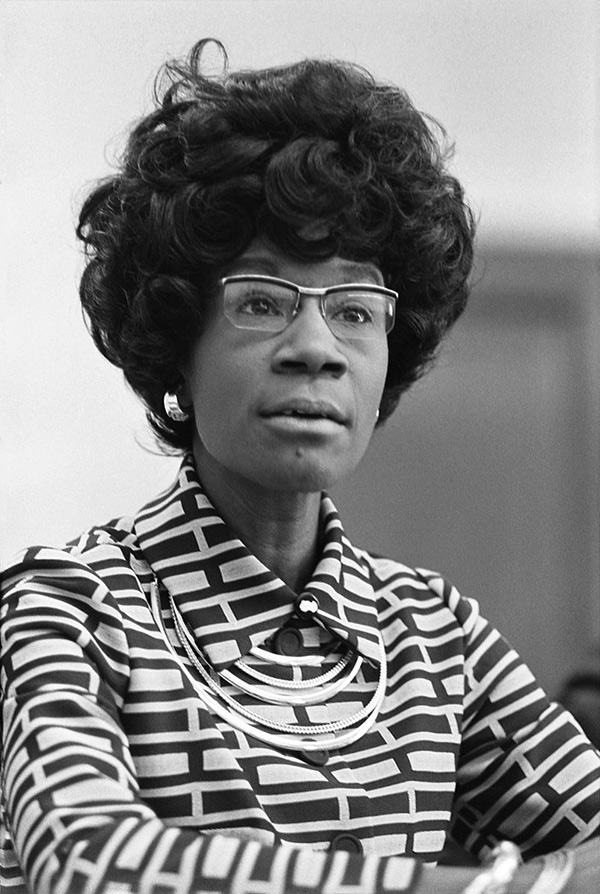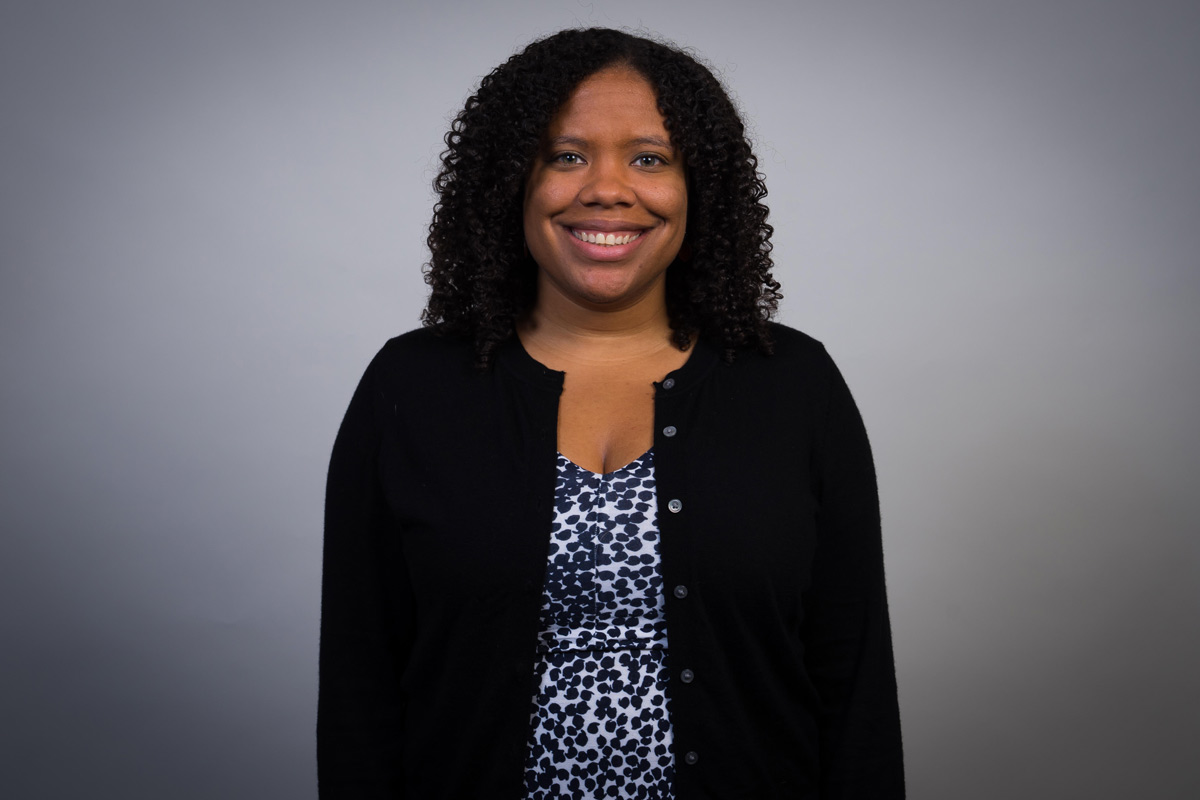The late Congresswoman, pioneering presidential candidate, and Teachers College alumna Shirley Chisholm wrote that, “The most tragic error into which older people can fall is one that is common among educators and politicians. It is to use youth as scapegoats for the sins of their elders.”
In a sense, Kathryn Hill makes the same argument.
In a dissertation that has won her TC’s 2018 Shirley Chisholm Dissertation Award, Hill (Ph.D. ’18, M.A. ’10) finds that for black New York City public school parents, the historical experience of black people in New York City and the nation shapes the degree of trust they place in their children's schools, and underscores their need to be constantly vigilant.
Motivated by her interest in the politics of charter schools and school choice within New York City’s historically black communities, Hill decided to examine how both charter and traditional public schools build trust with parents. Charters, as initially conceived, are intended to give underserved students an alternative to a dysfunctional public school system, and many black parents seek out charter schools in the hopes that they will deliver on the promise of high academic expectations and good test scores. But Hill, now Dean’s Faculty Fellow at NYU’s Research Alliance for New York City Schools, argues that such “neoliberal reliance on the power of competition and unfettered markets to improve public services” can become disempowering for black parents when it is “implemented with colorblind and power-neutral assumptions about race and class.”
“I think charters, especially those that are operated by a charter management organization, tend to be very standardized, and often don’t have mechanisms for parents to have a lot of voice. The PTA, if there is one, is usually concerned with event planning instead of serving as a forum for discussing school policy.”
—Kathryn Bassett Hill
In particular, some parents Hill interviewed were alienated by the strict discipline and rigid regimentation of “No Excuses” charters that they felt didn't appreciate or understand their children's lives and behaviors. Black parents enroll their children in such schools initially trusting that “educators shared or could negotiate understandings with [them] about the discipline styles that were appropriate for children,” Hill writes. But her research reveals that some parents’ trust eroded through the course of an academic year as their children were repeatedly disciplined for small infractions; as academic rigor failed to translate into empowerment and the ability to think critically and independently; and as parents themselves were excluded from the conversation.
“I think charters, especially those that are operated by a charter management organization, tend to be very standardized, and often don’t have mechanisms for parents to have a lot of voice,” Hill says. “The PTA, if there is one, is usually concerned with event planning instead of serving as a forum for discussing school policy.”

ENDURING INFLUENCE Chisholm (M.A. '52) was the first black woman to serve in Congress and run for President. She helped expand the nation’s food stamp program and create the Special Supplemental Nutrition Program for Women, Infants and Children.
On the positive side, the rules of the charter schools gave parents a sense of predictability from teacher to teacher and classroom to classroom. In contrast, black parents Hill interviewed whose children attended traditional public neighborhood schools felt vulnerable because so much of their experience depended on who their child’s teacher was for the year. But traditional public school parents often found it easier to interact and negotiate with building administrators when disciplinary issues arose.
While Hill’s study sample was small, her findings track with evidence that black parents nationwide continue to worry about how American schools are serving their children. Last year, for example, the NAACP called for a moratorium on the expansion of charter schools, while noting that the traditional public schools attended by most black children and youth often lack the resources needed to prepare them for adulthood.
“Kathryn started with the big picture—the history of the black experience in the U.S. and in New York City—and connected it to individual students and families,” says Aaron Pallas, TC’s Arthur I. Gates Professor of Sociology & Education, who nominated Hill for the Chisholm Award. “And she was able to connect the trust theme to New York City.”
“Kathryn started with the big picture—the history of the black experience in the U.S. and in New York City—and connected it to individual students and families.”
—Aaron Pallas
Hill says her choice of a dissertation topic was inspired by watching her own parents advocate for her in the Los Angeles public school system. “They were always very vigilant. They’d make sure everything was going well in the classroom.”
Indeed, another takeaway from Hill’s study is that, while conventional wisdom argues that schools need the trust of parents to function successfully, distrust is both a healthy response and productive strategy for black parents in dealing with schools.
“It is often prudent for black parents to distrust schools and educators in order to protect their children because they have not been trustworthy,” she writes.
Which sounds a bit like something else Shirley Chisholm wrote: “If they don't give you a seat at the table, bring a folding chair.”
